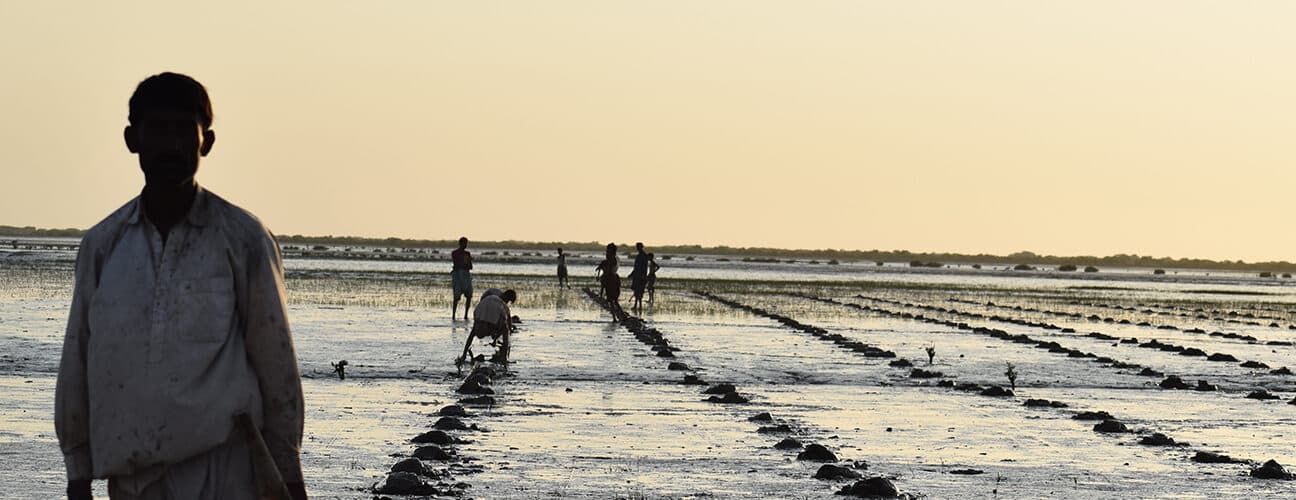Nature-based solutions in action: Lessons from the frontline
Harnessing nature to address the triple emergency of poverty, climate change and biodiversity loss
Type
ReportThemes
Climate ChangeNature-based Solutions (NbS) have the power to tackle biodiversity loss, climate change and poverty in an integrated way, so their appeal to governments, businesses and civil society groups is understandable.
If done well, Nature-based solutions could hold the key to cost-effective ways of protecting, sustainably managing, and restoring ecosystems, while at the same time addressing societal challenges such as climate change, biodiversity loss, and poverty and inequality.
However, they have to be good for people – particularly those who are marginalised and indigenous people and local communities.
This report highlights successful NbS across a wide range of contexts. The report was developed by members of the CAN-UK Nature-based Solutions Working Group (formerly the Bond Development and Environment Group) and includes case studies from Care International, Excellent Development, Farm Africa, IBIS Rice Conservation Co., the International Institute for Environment and Development, Plan International, Practical Action, Royal Society for the Protection of Birds, Tree Aid, World Vision UK, and WWF.

